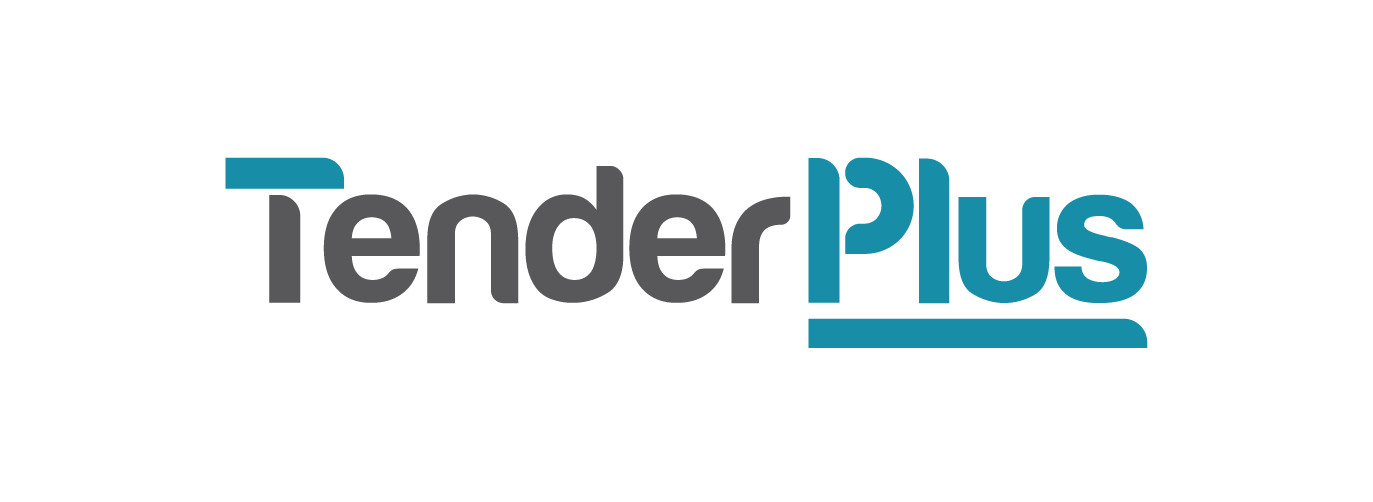Be flexible enough to accept and pivot …
The Tender Plus team is a special bunch, so we thought you might like to get to know them a little better.
Meet … Zoe Webber, Tender Specialist, Brisbane
What's the most rewarding part of consulting as a specialist on tenders?
The most rewarding part of consulting for me comes once the bid has been submitted and the client gives feedback on their experience working with our team. Hearing that you have brought value to the final submission and seeing how our teams’ contributions have benefited the client is extremely fulfilling.
How do you adapt to the different subject matter that you deal with on a day-to-day basis?
Having worked in-house in previous positions, it is always refreshing to move on to a new bid, with a new set of challenges and strategies to tackle. I have found asking questions and doing research is key to understanding the landscape you are coming into.
What's the best tip a mentor or colleague in the field has given you about tendering and why?
Learn from those who do their job well and learn from those who do their job badly. Both will help you grow into your career and who you want to be as a professional.
Coffee or tea? (Discuss)
Coffee coffee coffee. I wouldn’t function properly without it.
What's the most important quality that you think you bring to the bids that you work on? Why?
The ability to troubleshoot and adapt to changes. In tendering, issues can pop up overnight. Whether this is corruption of a word doc that needs a complete overhaul or a change to the bid strategy the day before submission. Being flexible enough to accept and pivot to solving these issues is a trait I value highly.
What's it like being part of the Tender Plus team?
Having worked with other organisations before joining Tender Plus, it was so refreshing to be surrounded by like-minded, resilient, and supportive individuals (who aren’t afraid of me photoshopping them into their favourite movie scenes or with celebrities as I see fit).
If you could immediately change one thing about tendering that would make the discipline better for everyone, what would it be?
REALISTIC DUE DATES! It is staggering how many bids are due just after, or during, public holidays, requiring our team and subject matter experts to work overtime to meet unrealistic deadlines.
What are the top three tips you would give to a client about writing a tender?
1. Stop working offline! This creates a version control nightmare.
2. Provide content as early as possible.
3. Leave enough time for production and review. This can take longer than you think.
What's the funniest word, phrase, or acronym you have seen in a tender?
Perhaps more a typo than a funniest word, but “manger” instead of “manager” happens so often and never fails to crack me up as I imagine little baby Jesus seated behind a managerial desk.
"We came a close second." Thoughts?
Not much different to coming a close third or fourth, or the classic “we lost on price”. Why? What can we do better next time to make our solution worth the price?
What's the word you never want to see used in a tender again?
World-class solution. Prove it!
What is your favourite sector to tender in? Why?
Of the sectors I have worked in, construction has probably been my favourite. Perhaps because concepts and terminology are more familiar to me than say rail where subject matter is highly technical and requires a bit more thinking for me to get my head around.
Cat person, dog person or other? If other what?
I’m a dog person.
How do you describe what you do for a career?
In short, I explain that I help different organisations apply to win government work. To someone who knows what tendering is, I go into more detail about how we at Tender Plus assist our clients to strategise, manage and write compelling submissions to meet the requirements of the bid.
Why do you think that you thrive under pressure? What makes you so resilient?
At a conference our team attended last year, a health and wellbeing speaker stated that research suggests, “You will only die of stress if you believe that stress can kill you”. Setting realistic expectations of myself has been key in not becoming overwhelmed, and equipped me with the skillset to keep calm under pressure.
"It's all about the price." Thoughts?
I think it’s less about price and more about value for money. For every dollar, we need to explain (and convince) the client how this solution and this price will bring them the greatest benefit.
